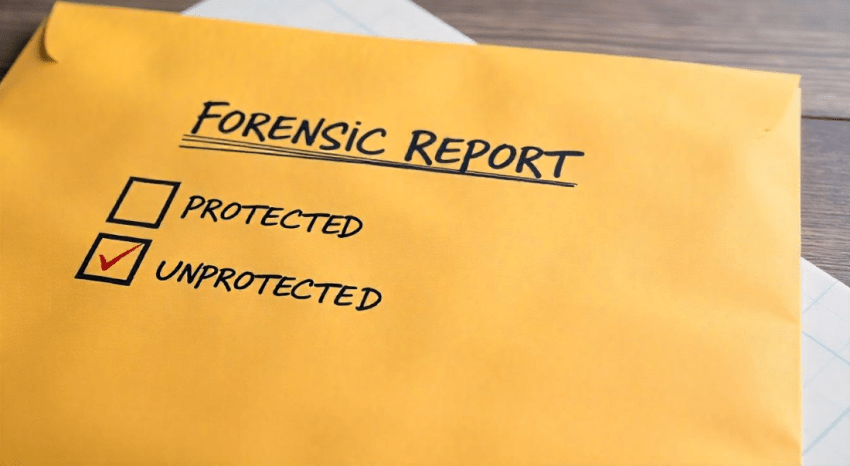Jena M. Valdetero and Emily S. Taetzsch of Greenberg Traurig, LLP write that in recent years, federal courts have narrowed the scope of protection for forensic reports produced in response to data breaches. As part of her discussion, she cites the Capital One case in 2020, the Wengui case in 2021, the Rutter’s case a few months later, and the Leonard v. McMenamins case in 2023.
Valdetero notes some takeaways from these recent cases:
- Assume privilege will not apply to communications with a forensic firm.
- When possible, save substantive updates about the breach for phone calls where participants can be controlled and not emails, which can be easily forwarded, jeopardizing privilege.
- Ensure the engagement letter between counsel and the forensic investigator clearly sets forth the risk of litigation because of the breach and need for counsel to advise the victim company on its legal obligations and risks.
- In breaches that may give rise to litigation risk (e.g., for companies processing significant amounts of sensitive personal data), consider whether issuing a litigation hold at the outset of the investigation is prudent.
- Review forensic reports live with the investigator and client to provide feedback in real time to ensure accuracy.
- Email intentionally. Assess whether vendors are on a thread who may not need to see what you have to say.
- Likewise, minimize who within an organization is included on communications, including emails and calls. Courts have cited the presence of many different people from within a company as a reason to find against both attorney-client privilege and work product protection.
Read more at Greenberg Traurig.
